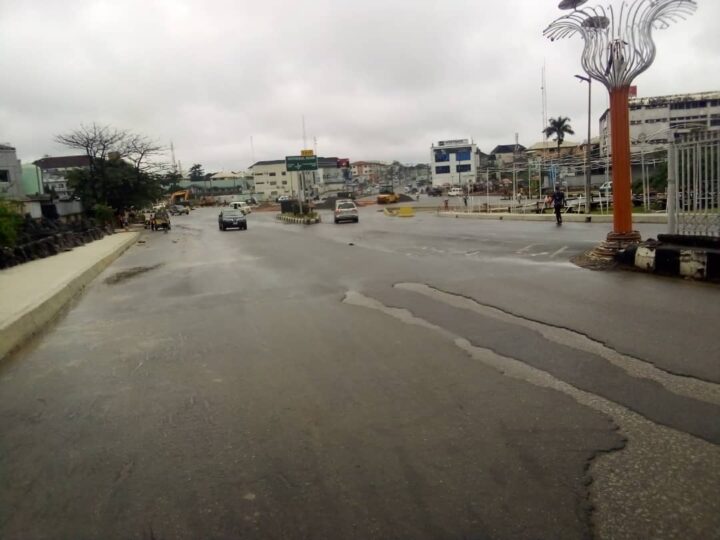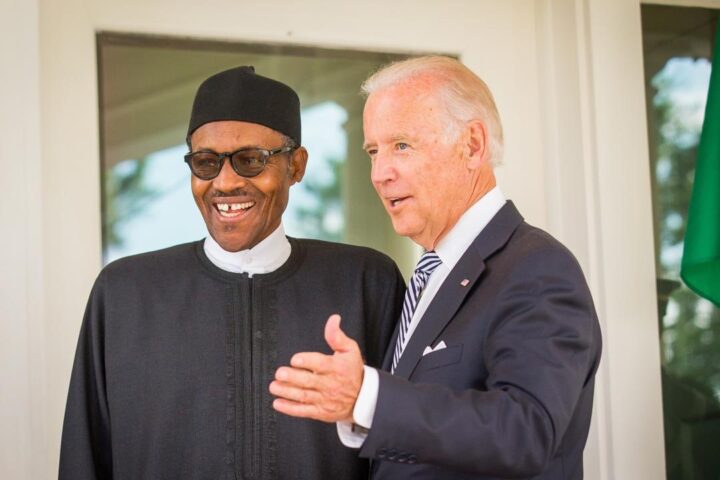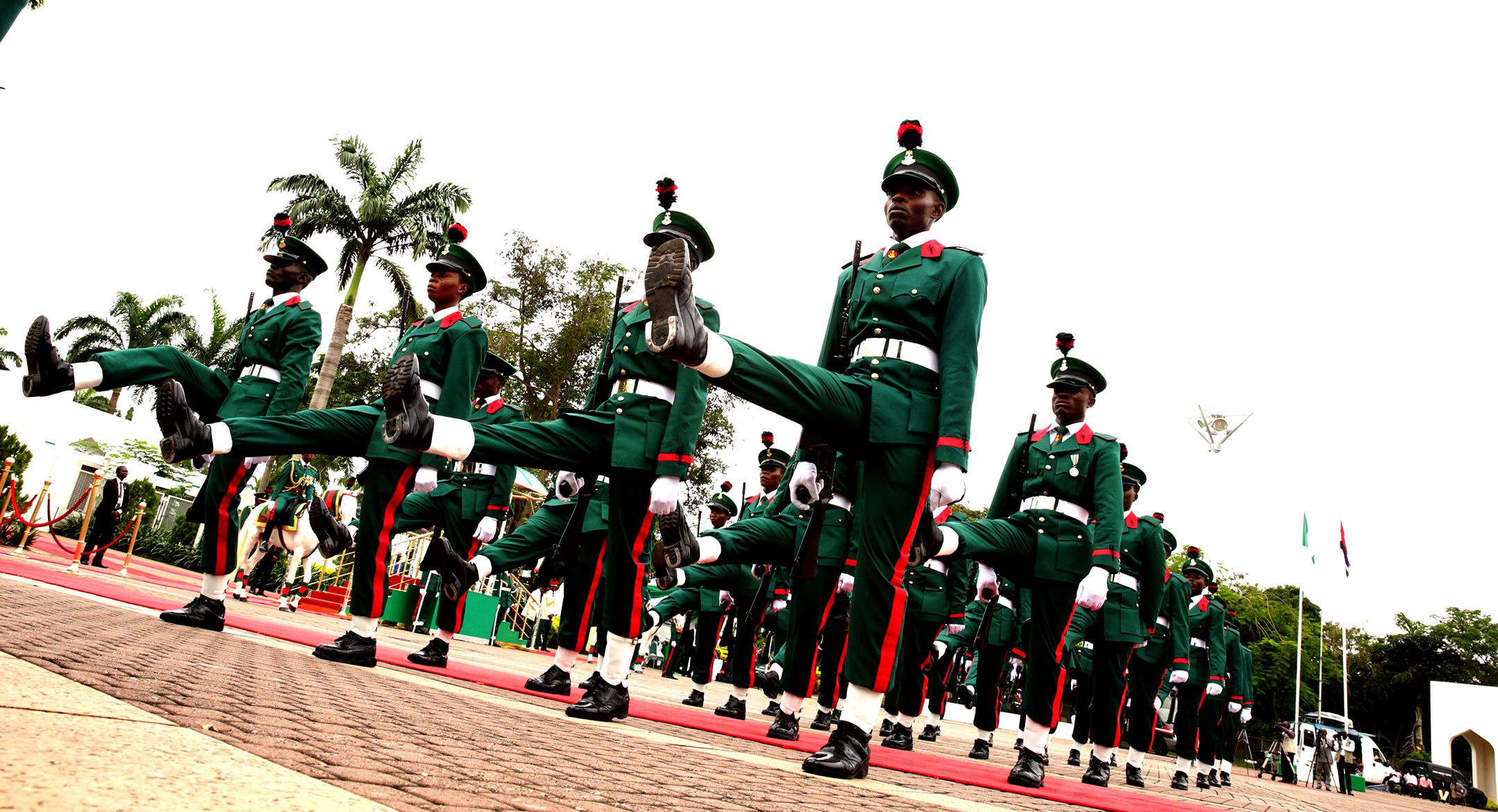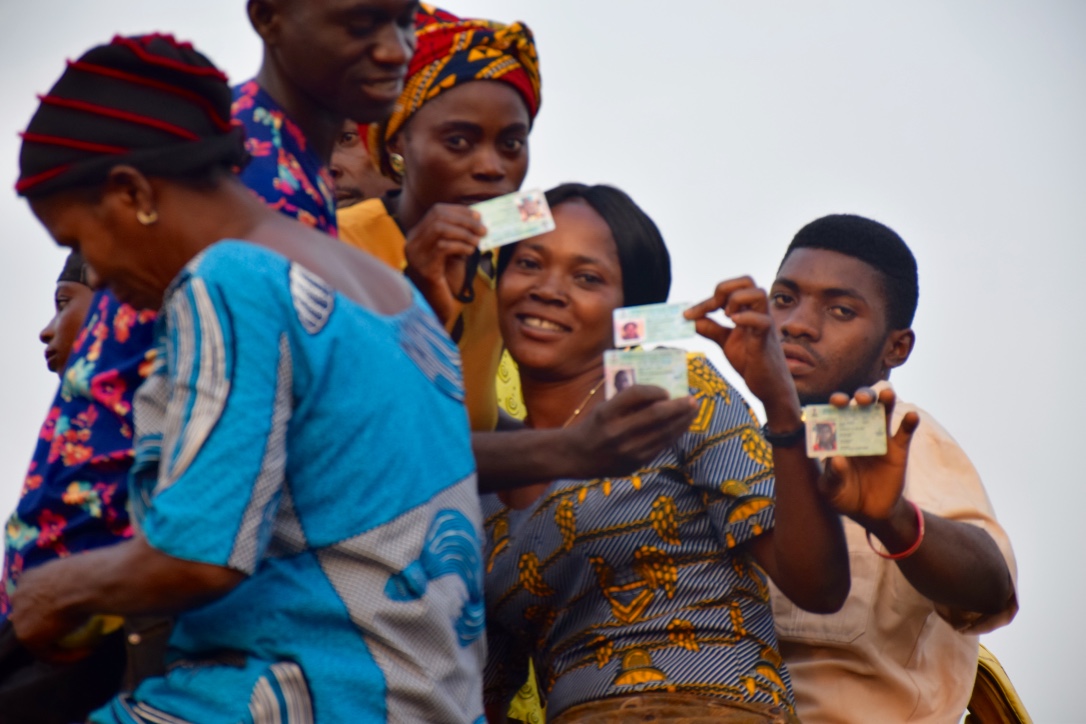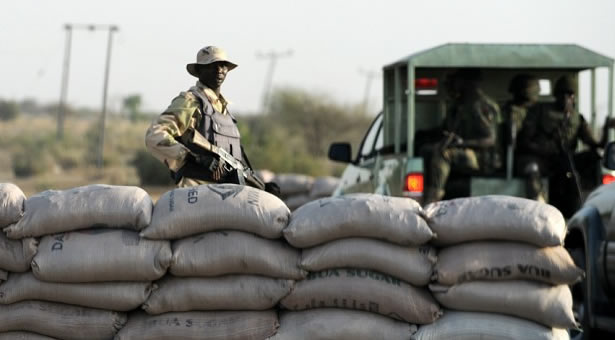BY OMOLE IBUKUN
The sit-at-home order by the Indigenous People of Biafra has been a successful tactic in commemorating important days in the history of the Biafra struggle; in showing solidarity with the leader of the IPOB during this period of his unlawful detention; and also recently during the visit of President Buhari to Imo state. Yet the tactic has had its own failings.
Recently, the sit-at-home order has led to violent clashes with average Igbo people within this zone of the country, and it has led IPOB to change the sit-at-home days from Mondays to days when the leader of the group, Nnamdi Kanu, would be appearing in court. While this compromise is welcome, every change in tactic must be accompanied by critical thought, especially in a struggle as important as that of self-determination.
No successful struggle can be built on hate or fear. Successful struggles are built on democratic debates, solidarity, and creative alternatives. Out of these three things, only solidarity has been the feature of that self-determination struggle. There is a need for democratic debates about creative alternatives to whatever is wrong with Nigeria, which has created the necessity for a Biafra.
Advertisement
For a movement that has a history of direct action, which later led to the Nigerian civil war, there is a need for tactics to be discussed and debated rather than ordered by some freedom fighter from above, lest the mistakes of the civil war be repeated. A debate over what will replace the sit-at-home tactic must commence, rather than wait for the next order from a “supreme leader”.
The sit-at-home tactic has failed generally for lecturers in the Academic Staff Union of Universities (ASUU) over the years, even when they had the ability to shut down universities across the country. They are still dragging the same issue with the Nigerian government since 2009. The sit-at-home tactic can help to sufficiently demonstrate strength against an authoritarian government, but that’s all it will ever be — a show of force.
The sit-at-home tactic, in this context where it was not agreed to by the general assembly of the Igbo people, can become an authoritarian tactic in itself. In the words of Fred Hampton, “you can’t fight fire with fire”, so we can’t fight authoritarianism with authoritarianism. We can’t demand the right to self-determination for all Igbos yet deprive them of the freedom of movement, no matter what circumstances or emergencies they have. It destroys the integrity of the self-determination movement as a struggle for freedom and affects the dedication of the people to that struggle.
Advertisement
The self-determination struggle is going to be portrayed as disorderly if the people that the fight is meant for do not have the freedom to do something as basic as going to work and finding their daily survival in a poor and harsh economy.
Direct action is constitutional and freedom to protest is still preserved in the Nigerian constitution. This will be a reasonable alternative if there are creative methods to make the protests productive and welcoming to the average Igbo person who is not part of any organisation or vanguard, but who only wants to take responsibility for their own freedom. This is when the original struggle for independence can start.
Following the Lekki killings during the #EndSARS protests, the first question when protest or direct action is spoken about in this country has always been how safe those protests will be? People now first ask whether the police or the military will not invade such protest grounds to arrest or shoot down protesters. It is therefore important to democratically address this question. The optimism in posing this question is in the recognition of the fact that the amount of force used to enforce the sit-at-home orders can be deployed to defend protesters, where necessary, from state violence. The details of that must be democratically worked out by a general assembly of the Igbo masses for it to be effective. It is not impossible if the people don’t believe in the cause of such direct action.
For the people to believe in a cause, the cause must be in their interest and that calls for a programme of what a Biafra Nation will stand for by the leading organisations of this self-determination movement. Protests should go beyond just showing the strength of the support the Biafra cause has, but must be organised to build more strength for that movement. This includes defining the immediate demand of that movement.
Advertisement
If the demand for the freedom of arrested innocent Igbo youths and protesters, and a democratic referendum are the immediate goals, then that should be as clear as possible. There should also be a clear long-term demand, like economic and political policy the new nation being fought for will be based on. Will the Biafran economy be organised for the minority few, rather than the working masses like Nigeria is presently organised? Will Biafra’s politics oppress women, LGBTQ people, religious and ethnic minorities just like the Nigerian government is presently doing? These are important questions to be answered if the tactics of protests, any form of direct action, or any other tactics will be successful.
Omole Ibukun writes from Abuja and can be contacted on 09060277591
Views expressed by contributors are strictly personal and not of TheCable.
Add a comment
